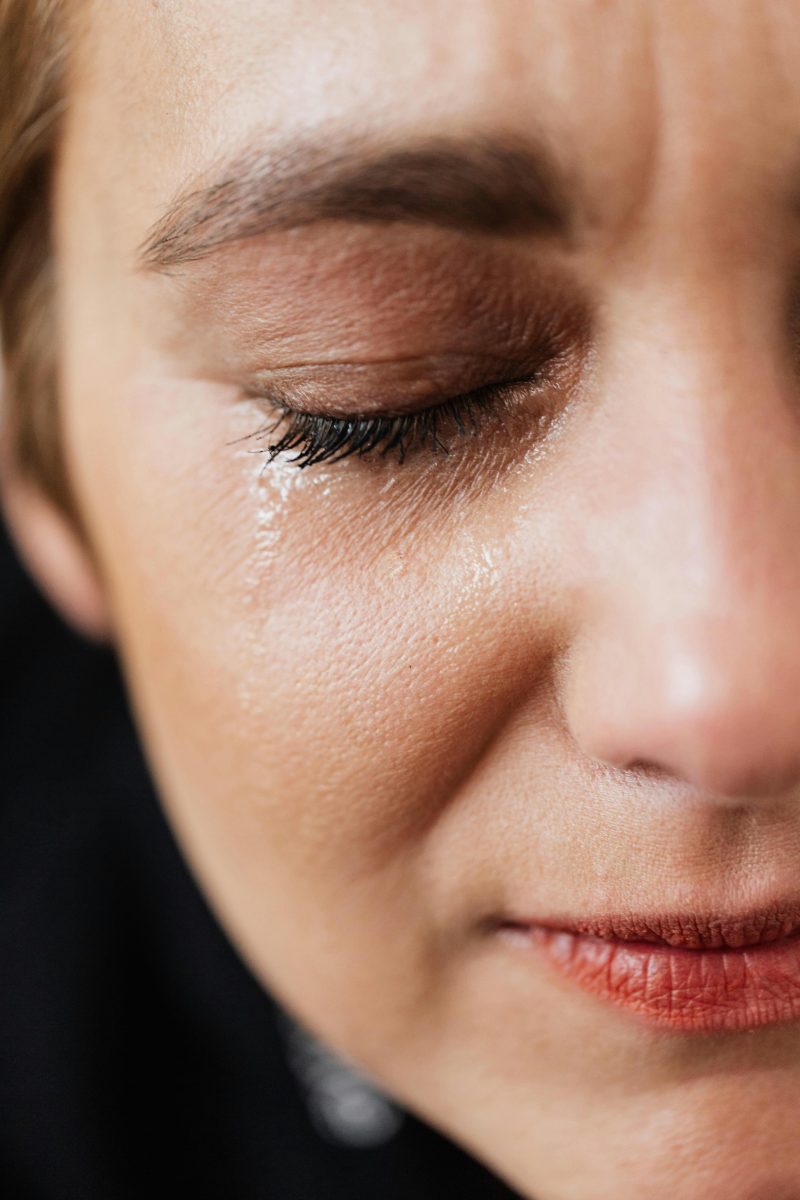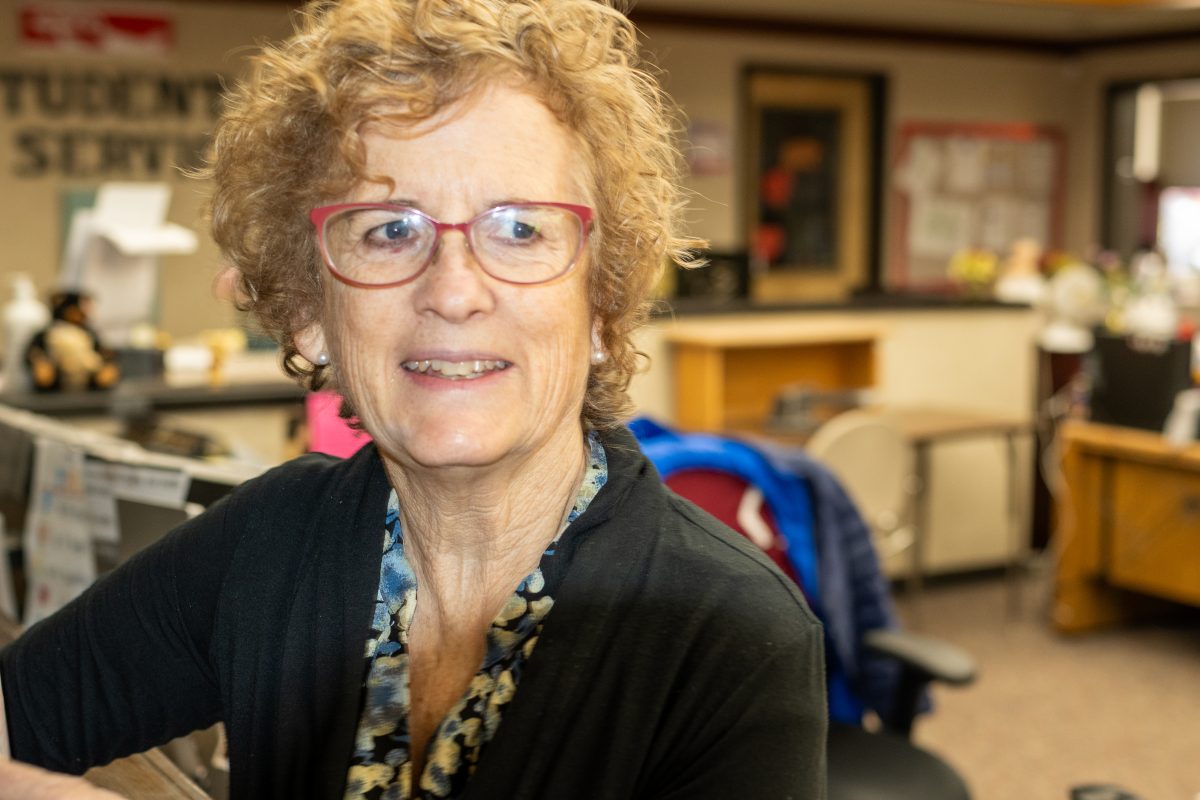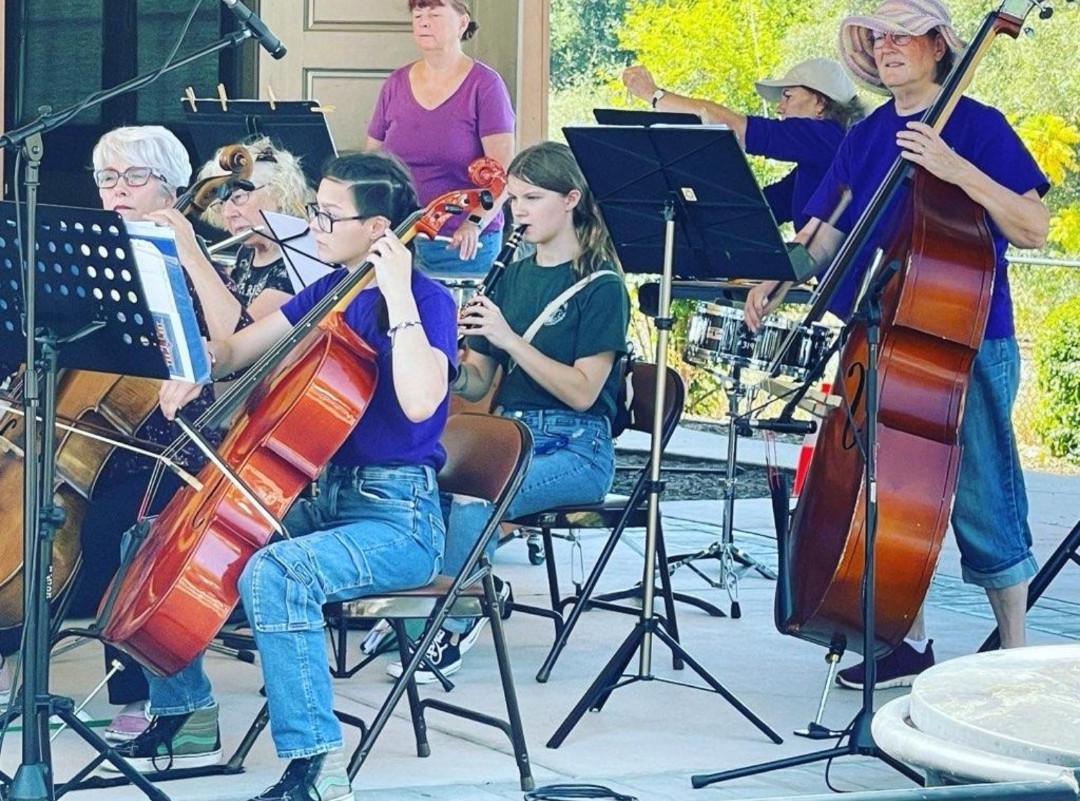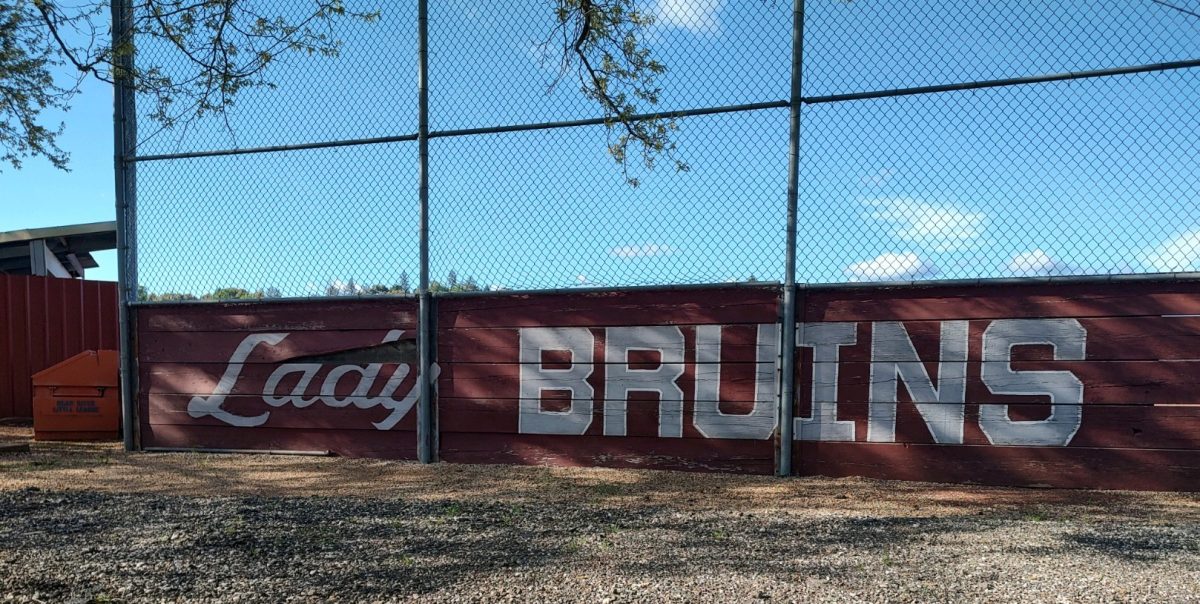According to the National Institute of Mental Health (NIMH), suicide is the second leading cause of death for students in the United States aged 15-24, claiming approximately 5,723 lives in 2016.
Though Bear River has not dealt specifically with this issue among students in quite some time, Bruins do fit within this age group, and therefore suicide prevention is always a relevant topic of discussion among both students and staff members.
Senior Layla Ray was asked what she would do in a situation where someone she knew was having suicidal thoughts.
“It depends on the person, the timing, and where they’re at in life, so if they’re on the edge, they’re about to do it, then I step in, intervene, and I tell them how amazing they are, how loved they are, even if they don’t have that many friends or family,” she said.
Senior Seena Engberson was asked how staff should be reacting to students going through depression.
“Staff members need to be… sticking up for kids, and making sure kids are okay, and not sitting and not saying anything in class,” she said. “If they see something going on in class, they need to actually say something.”
What about stopping these situations from ever forming in the first place? According to the NIMH, suicidal thoughts are a symptom of depression.
“Depression can happen at any age, but often begins in the teens or early 20s or 30s,” it says. “[Some other symptoms are] a persistent sad, anxious, or “empty” mood, feelings of hopelessness, and pessimism, feelings of guilt, loss of interest or pleasure in hobbies and activities and decreased energy.”
Bruins described what they think are the main causes of depression among students.
“Bullying, cyberbullying, any bullying in general, and even past experiences, some kids these days go through stuff that they can’t handle, you know?” said Engberson.
“In high school, it’s bullying, it’s self appearance, it’s how you think of yourself, it’s how people think of you, it’s kind of your mentality and how you respect yourself,” said Ray.
Intervention Specialist Nanci Smith gave her opinion on what should be done in situations involving depression and/or bullying.
“I believe that the key to prevention is making sure that individuals have connectedness and a feeling of self-worth, whether it be at school, at home, at church, or in the community,” she said. “It is imperative that teens have one trusted adult in their lives.”
Students gave their take on what the best course of action would be, both when you are involved in the situation and when you are simply an observer.
“I’d say to go to someone, a friend, a peer, an adult, but if it gets to a point where you’re thinking about suicide, then you really need to step back from the situation, look at it, and take yourself away from the equation,” said Ray. “Not from the equation of life”
“Be nicer to everybody in the hallways, smile at them,” said Junior Alexis Canepa. “Again, like I’ve said multiple times, you don’t know what they’re going through.”
“[There are] four things that everyone should know about depression,” said the NIMH. “Depression is a real illness. Depression affects people in different ways. Depression is treatable. If you have depression, you are not alone.”
Mrs. Smith gave some helpful resources for anyone thinking about taking their life.
“There is help, and you are not alone,” she said. “Reach out to a trusted person, or call the National Suicide Prevention Lifeline, 1-800-273-TALK, text TALK to 741741, or go to CrisisChat.org. If you know someone who is thinking about taking his or her life, take it seriously.”


































